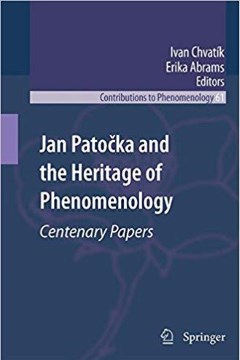The relevance of Patočka's "negative platonism"
pp. 57-70
Abstract
In twentieth-century continental philosophy, several evaluative standpoints with regard to the metaphysical tradition can be discerned, each working with a different concept of metaphysics: (1) Successive attempts to overcome metaphysics, taken as a philosophical position with a fixed foundation (Nietzsche, Heidegger, Levinas, Derrida); (2) the idea that metaphysics, i.e., the effort to reach absolute knowledge, has been left behind quite a while ago (Gadamer, Habermas); (3) metaphysics as a set of recurrent unanswerable basic questions (Merleau-Ponty, Patočka). This is the background against which the relevance of Patočka's "Negative Platonism" is sketched, highlighting its main distinguishing aspects, especially in a comparison with the work of Derrida, which is very close to the thought of Patočka, though also showing some important differences.
Publication details
Published in:
Abrams Erika, Chvatík Ivan (2011) Jan Patočka and the heritage of phenomenology: centenary papers. Dordrecht, Springer.
Pages: 57-70
DOI: 10.1007/978-90-481-9124-6_5
Full citation:
Evink Eddo (2011) „The relevance of Patočka's "negative platonism"“, In: E. Abrams & I. Chvatík (eds.), Jan Patočka and the heritage of phenomenology, Dordrecht, Springer, 57–70.


